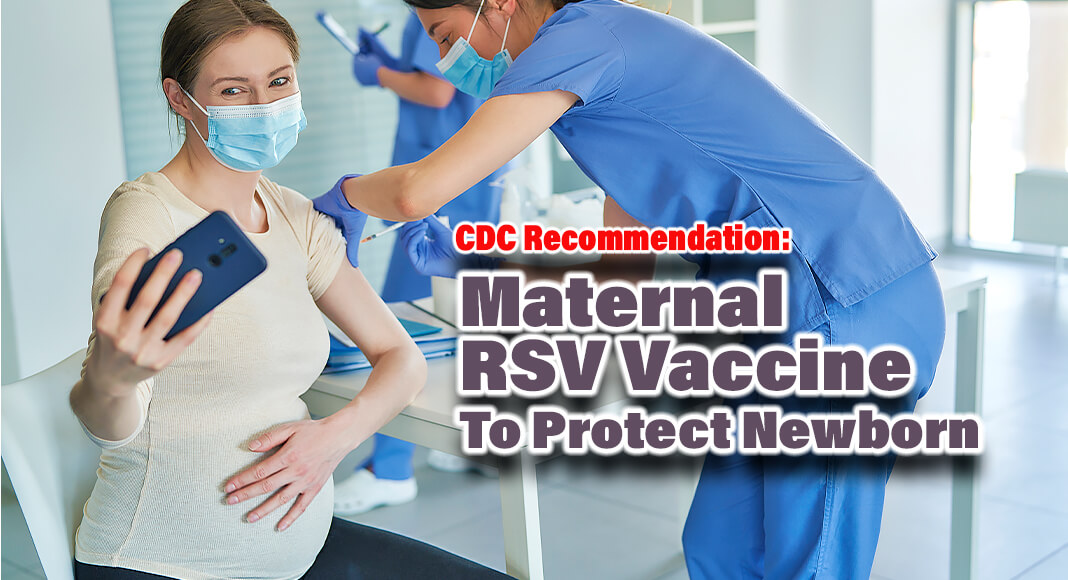
Mega Doctor News
CLEVELAND CLINIC – There is new protection available for the leading cause of infant hospitalizations in the United States.
The Centers for Disease Control and Prevention (CDC) has recommended the first RSV, or respiratory syncytial virus, vaccine for pregnant women to help protect their newborns against the respiratory virus.
“From what we know, mothers will develop antibodies that they can transfer to their unborn child and protect their baby before they can receive their own vaccines,” explained Oluwatosin Goje, MD, an obstetrician and gynecologist with Cleveland Clinic.
Dr. Goje said the CDC is recommending a seasonal administration of the RSV vaccine between 32 and 36 weeks of pregnancy.
Data shows the vaccine reduces the risk of babies being hospitalized for RSV by 57% in the first six months after birth.
According to Dr. Goje, RSV season usually starts in the fall and peaks around winter.
She stresses that RSV poses a higher risk to infants because their immune systems are still developing.
“RSV causes severe, lower respiratory tract infection in newborns, especially those aged 2 to 3 months,” Dr. Goje said. “They can be healthy, full-term babies without any risk factors, so that means RSV can affect any of our babies.”
The CDC also recently recommended a new RSV immunization for babies under 8 months of age.
Dr. Goje said people should reach out to their primary care provider to decide which option is best.











